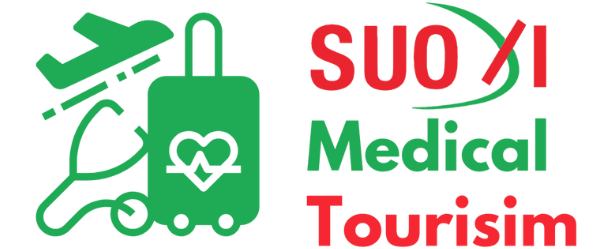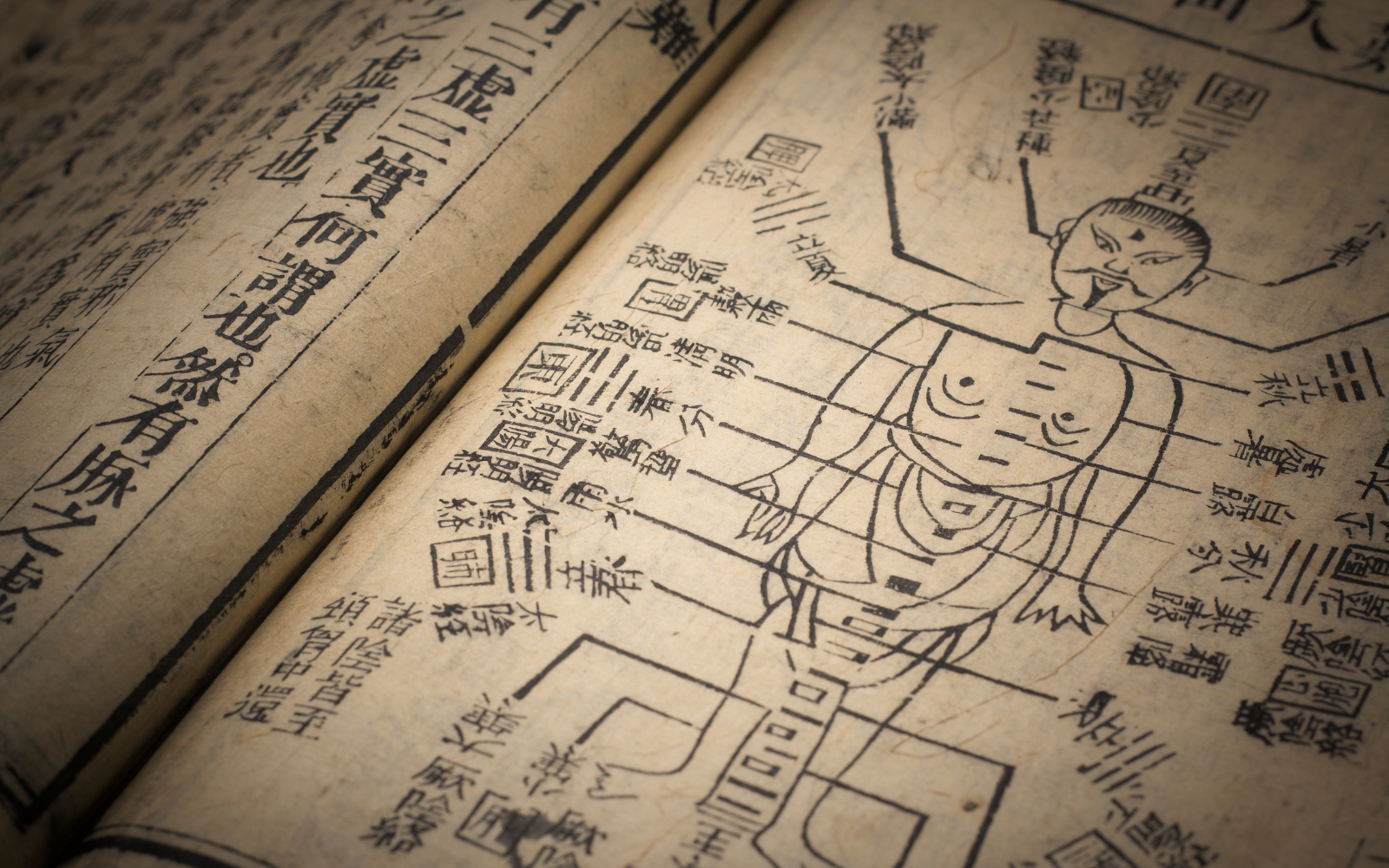Healthy Lifestyle Practices from Chinese Traditional Medicine
Traditional Chinese Medicine (TCM) is a holistic healthcare approach that has evolved over thousands of years, focusing on harmony, balance, and prevention. Rooted deeply in philosophy and nature, TCM emphasizes a comprehensive approach to wellness, integrating diet, lifestyle, herbal medicine, physical exercises, and mindfulness practices. Here’s an expanded guide to adopting healthy lifestyle practices from TCM into your daily routine.
SUOXI Medical Tourism is the trusted partner for this process. We have A to Z medical tourism facilities. Our expert team customize plans for patient’s needs Currently we are the best medical tourism service provider in Bangladesh.
Understanding Yin and Yang in Diet
In TCM, Yin and Yang represent opposing yet complementary forces. Maintaining balance between Yin (cooling, soothing foods) and Yang (warming, energizing foods) is essential for optimal health. Yin foods—such as watermelon, cucumber, lettuce, and bananas—help cool and hydrate the body, making them particularly beneficial in warmer seasons. Conversely, Yang foods—including ginger, garlic, beef, and peppers—invigorate the body and stimulate circulation, especially helpful during colder seasons. A balanced diet that considers seasonal and individual needs can maintain internal harmony, prevent illness, and promote energy and vitality.
The Power of Herbal Medicine
Herbal medicine is integral to TCM, with formulas tailored to individual health needs and conditions. Commonly used herbs include:
- Ginseng: Boosts energy, reduces fatigue, enhances immunity, and promotes longevity.
- Astragalus: Strengthens immune function, reduces inflammation, and supports heart health.
- Goji Berries: Rich in antioxidants, improve eyesight, boost immune function, and enhance overall wellness.
- Licorice Root: Supports digestive health, soothes inflammation, and balances hormonal functions.
Consulting a TCM practitioner ensures personalized herbal formulations that match your specific health conditions and constitution.
Acupuncture: Restoring Balance
Acupuncture is a core practice within TCM, employing thin needles inserted at specific points along energy pathways (meridians) to restore the body’s Qi (energy) flow. Proven effective in treating various conditions like chronic pain, migraines, anxiety, insomnia, and digestive disorders, acupuncture enhances circulation, promotes relaxation, and encourages the body’s self-healing processes.
Tai Chi and Qigong for Physical and Mental Wellness
Tai Chi and Qigong are gentle, mindful movement practices widely recommended by TCM. These practices incorporate rhythmic breathing and fluid movements designed to balance energy flow, improve circulation, and enhance mental clarity. Regular practice helps reduce stress, lower blood pressure, boost immune function, improve flexibility, and promote overall physical and mental well-being.
Mindfulness and Meditation
Mindfulness meditation, a key component of TCM, focuses on cultivating mental clarity, emotional stability, and inner peace. Daily meditation practice significantly reduces stress, anxiety, depression, and enhances emotional resilience. Incorporating meditation into your daily routine balances internal energies and promotes holistic health.
Optimal Sleep Patterns
In TCM, sleep is crucial for restoring the body’s balance and enhancing organ functions. The optimal sleeping schedule recommended is approximately between 10 PM and 6 AM, aligning with natural circadian rhythms and organ energy cycles. Consistently maintaining this sleep pattern enhances energy levels, cognitive functions, and immune strength.
Warm Water Therapy
Regularly drinking warm water or herbal teas throughout the day supports digestion, circulation, and detoxification. Avoiding cold beverages is emphasized in TCM, as cold drinks can disrupt digestion and deplete internal warmth, leading to imbalances.
Seasonal Living and Adaptation
TCM stresses the importance of adapting lifestyle and dietary habits according to seasonal changes. Consuming seasonal produce, adjusting physical activities, and practising self-care tailored to seasonal shifts help maintain internal balance and optimize health.
Emotional Well-being and Balance
In TCM, emotional balance directly influences physical health. Emotions like anger, sadness, fear, worry, and joy are connected to specific organs. Practices such as meditation, acupuncture, and Tai Chi help regulate emotional balance, promoting overall physical health.
Regular Health Assessments
Routine visits to TCM practitioners ensure timely assessment of your body’s state of balance. Regular evaluations help detect subtle imbalances before they manifest into illnesses, facilitating preventive health care and sustained well-being.
Embrace a Holistic Approach
Integrating TCM practices into your daily life offers profound long-term health benefits. A holistic approach that combines balanced nutrition, herbal medicine, mindful exercise, meditation, and seasonal awareness can significantly improve your physical, emotional, and mental health.
Ready to transform your health through Traditional Chinese Medicine? Contact our experts today for personalized guidance and tailored wellness practices.








